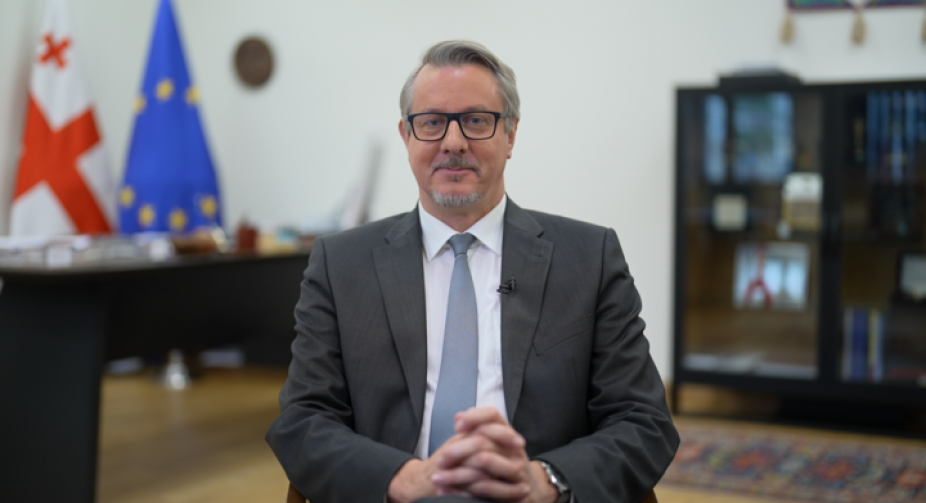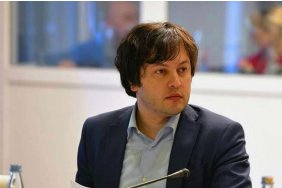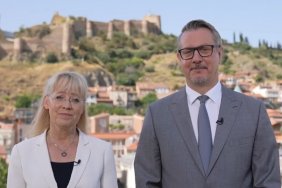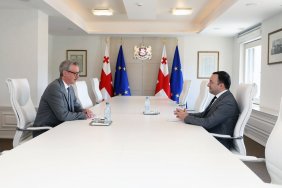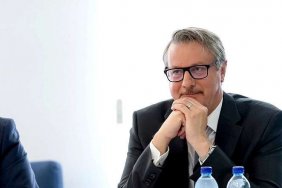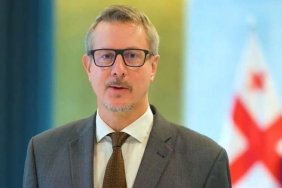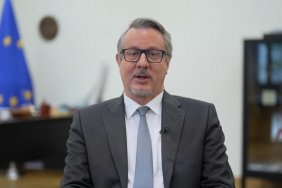The EU does not ask of Georgia to approve same-sex marriage. Within the EU, family law is the competence of EU countries and, therefore, rules pertaining to marriage are defined by the EU Member States individually, EU Ambassador to Georgia Carl Hartzell said on Thursday in response to the questions sent to him by Georgian citizens on July 1.
The far-right groups and pro-Russian movements accuse the EU of “supporting the LGBT community and fighting against Georgian traditions and the religion,” pushing forward pro-Russian sentiments in the public.
“What the EU demands of all its Member States is non-discrimination and the protection of all minorities, including sexual minorities.
Respect for human rights, including the rights of persons belonging to minorities is a fundamental EU value, based on our firm belief in the principles of human dignity, freedom, democracy, and equality, which need to be upheld in order to join the EU,” Hartzell said.
On the question whether the Government Should protect Tbilisi Pride in order to receive candidate status, Hartzell said that protecting citizens from violence and ensuring every person’s right to freedom of speech and assembly, were “core values of the European Union and, arguably, of any democracy.”
He said that it was the responsibility and duty of law enforcement to uphold those rights without exceptions, noting that “the readiness and capacity of authorities to protect those rights for all citizens, including for minorities, will be assessed in the context of Georgia’s EU accession process.”
